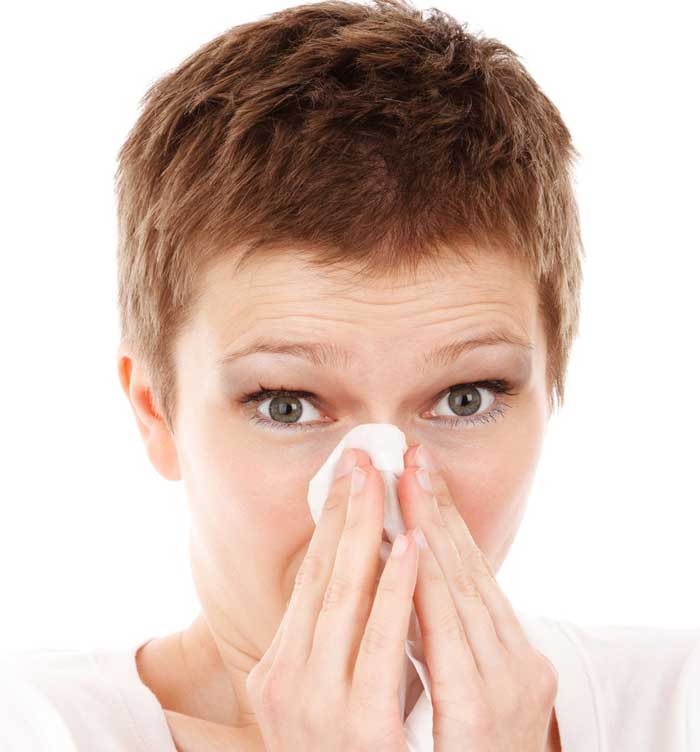LIBERTY – Sullivan County Public Health Services confirmed three cases of pertussis – whooping cough – have been identified in children of varying ages in the county this week.
Public Health Director Nancy McGraw called this an important advisory. “As recently as 2016, Sullivan County had a pertussis outbreak of nearly 30 cases, and dozens of additional probable cases were investigated, interviewed and individuals treated,” she said.
McGraw said if you or your child has been around someone with pertussis, you may become sick with it, especially if you or your child has not received all of the pertussis vaccine shots. Sometimes, even if your shots are up to date, you may still get pertussis.
Also known as whooping cough because of the “whooping” sound that is made when gasping for air after a fit of coughing makes it hard to breathe. Coughing fits due to pertussis infection can last for up to 10 weeks or more.
Pertussis is a highly contagious disease that is spread through the air by cough. It begins with cold symptoms and cough, which becomes much worse over one to two weeks.
Symptoms usually include a long series of coughs followed by a “whooping” noise. Children, adults and very young infants may not develop the “whoop.” There is generally only a slight fever.
The most effective way to prevent pertussis is through vaccination with DTaP for babies and children and with Tdap for preteens, teens and adults. Vaccination of pregnant women with Tdap is especially important to help protect their newborn.
Vaccinated children and adults can become infected with and spread pertussis; however, the disease is typically much less serious in vaccinated people.
Pertussis is generally treated with antibiotics, which are used t control the symptoms and to prevent infected people from spreading the disease.
Tips to keep pertussis from spreading include:
- Wash your hands with soap and water frequently
- Cover your coughs and sneezes
- Do not share cups or silverware
- Stay away from others until evaluated by a doctor







